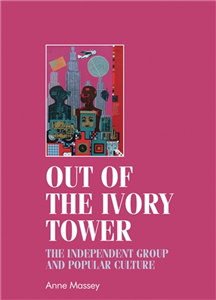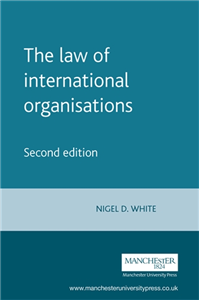Eine Entdeckungsreise
Als Dramatiker und Gründer des Jewish Theater of New York wusste Tuvia Tenebom schon immer gutes Theater zu schätzen. Und wo kommen die besten Stücke zur Aufführung? In Großbritannien natürlich! Grund genug also, der Insel mal wieder einen Besuch abzustatten, zumal in einer Zeit, in der das große Brexit-Schauspiel über die Bühne geht. Ist es eine Komödie? Ist es eine Tragödie? Oder schlicht absurdes Theater?, wollte er von den Briten wissen. Das war zumindest der Plan. Aber: Der Mensch denkt, und Gott lacht, wie es so schön heißt. Denn seine Reise – die ihn über viele Monate durch das Vereinigte Königreich führte und während der er in Winston Churchills Zimmer ein Nickerchen machte, mit Jeremy Corbyn Katz und Maus spielte, mit Nigel Farage verbotenen Tabak rauchte, ein Monster verspeiste und einem Geist nachstellte – gestaltete sich ganz anders als angenommen. Die meisten Inselbewohner wollten nämlich mit ihm nur bedingt über den Brexit sprechen, dafür redeten sie bereitwillig über andere Themen – Themen, die ihnen am Herzen lagen, wie der allgegenwärtige Antisemitismus. Die Gespräche, die Tuvia Tenenbom mit Lords und Ladies führte, mit Politprofis und Pub-Philosophen, Wohlhabenden und Habenichtsen, Geistesgrößen und Geistlichen, mit Gangstern und Beauty Queens, mit Antisemiten und Palästina-Romantikern u.v.m., zeichnen nicht nur ein erhellendes Stimmungsbild der englischen Gesellschaft, sondern zeigen auch, dass sie zutiefst gespalten ist und erbittert um ihre Identität und ihre Zukunft kämpft.





















